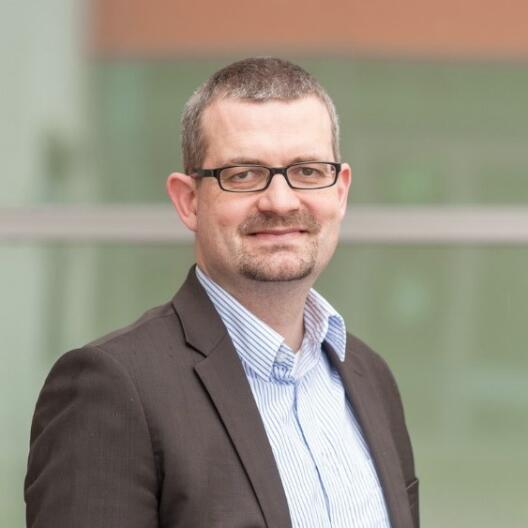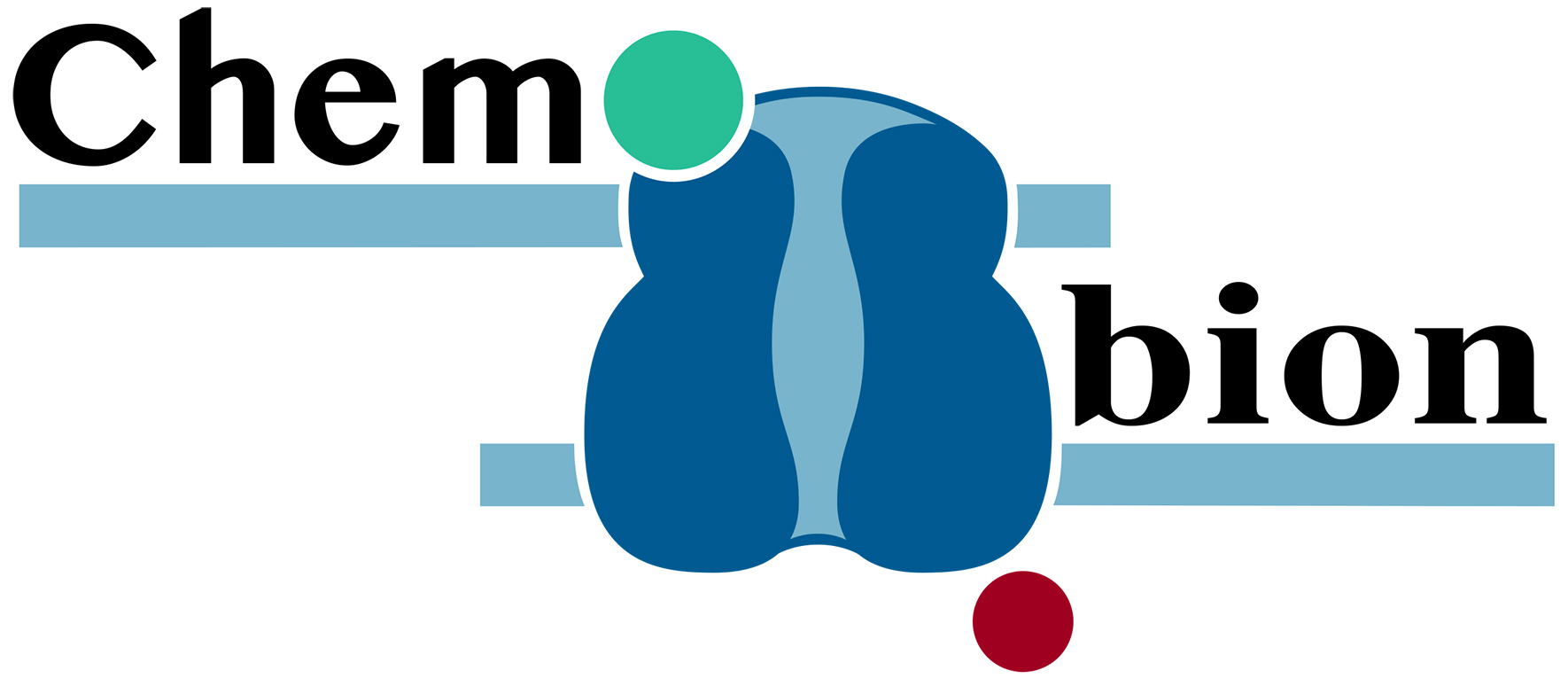PD Dr. Oliver Koch

Topics of researchThe research interests of the working group Koch lie in the development and application of computational methods for the rational molecular design of new bioactive compounds. In an interdisciplinary way, the in-silico work is combined with biochemical evaluation for the identification and optimisation of promising molecules and the evaluation of newly developed methods. The range of applied computational methods includes well-known structure- and ligand-based methods such as docking, pharmacophore-searches and virtual screening, homology modelling, quantitative structure activity relationships and molecular dynamics simulation for a detailed characterization of protein structures. The new developed methods and approaches focus on the analysis of protein-ligand interactions and the underlying framework, and how to use the available amount of ‘big’ bioactivity data and protein structures for computational molecular design and optimisation. |

